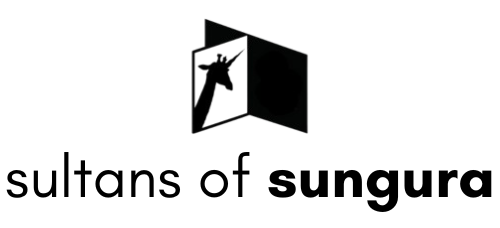 |
| Ignatius Mabasa (Photo Credit: The Herald) |
Charles Mungoshi’s Branching Streams Flow in the Dark and Ignatius Mabasa’s Imbwa Yemunhu jointly landed the NAMA Best Fiction on Saturday.
The category was tightly contested as all the nominees have drawn considerable acclaim. The other nominee Spiwe Mahachi-Harper recently won a Zimbabwe Music and Arts Awards gong in the United Kingdom for her third novel, Footprints in the Mists of Time which also has the distinction of being the longest local novel.
In his acceptance speech, Mabasa thanked God and said: “I didn’t know that this dog will follow me to Bulawayo,” a pun on the title of his book. Farayi Mungoshi received on behalf of his father.
Both Imbwa Yemunhu and Branching Streams are highly experimental offerings from two men regarded master and disciple. Mabasa, who is considered Mungoshi’s understudy in the experimental Shona novel, has evidently come of age.
Literary critic Memory Chirere said the tie was evocative of the 1979 Guardian Prize for Fiction when Dambudzo Marechera’s House of Hunger was a joint winner with Neil Jordan’s Night in Tunisia.
Imbwa Yemunhu is Mabasa’s third novel following Mapenzi and Ndafa Here? It revolves around the life of Musavhaya, a slave to women and alcohol, struggling with the futility of his life, lost in escapism and on a fluctuating quest forspiritual fulfillment.
Branching Streams, which was at one time questioned as an apocryphal work for its stark contrast with Mungoshi’s early work, is Mungoshi’s fifth novel and second English novel. It deals with the questions of denial, stigmatization and rejection among people living with HIV/AIDS.
Mabasa’s book jolts the readers with such characters as Simon Chimbetu while Mungoshi’s novel sets out in the form of a letter by the embattled protagonist emptying her heart to a friend. Both artists successfully execute the stream of consciousness device, which has been the mainstay of some their previous Shona novels.
Solomon Mwapangidza shrugged off competition from fellow beginners TsungiChiwara’s Reflections of the Heart and TinotendaMpofu’s Zvirivanhu to land the Outstanding First Creative Published Work with his debut Rebel Soldier.
Fortune Tazvivinga’s River God Unyaminyami won the Outstanding Children’s Book ahead of Thoko and the Cannibal by Mzana Mthimukuklu and Bernard Ndlovu and Kolobeja 2: IzinganekwanezikaMthwakazi by PathisaNyathi.
The dominance of novels in all the literary categories is an indictment on NAMA to broaden its reach to the disappearing poetry and drama genres.


